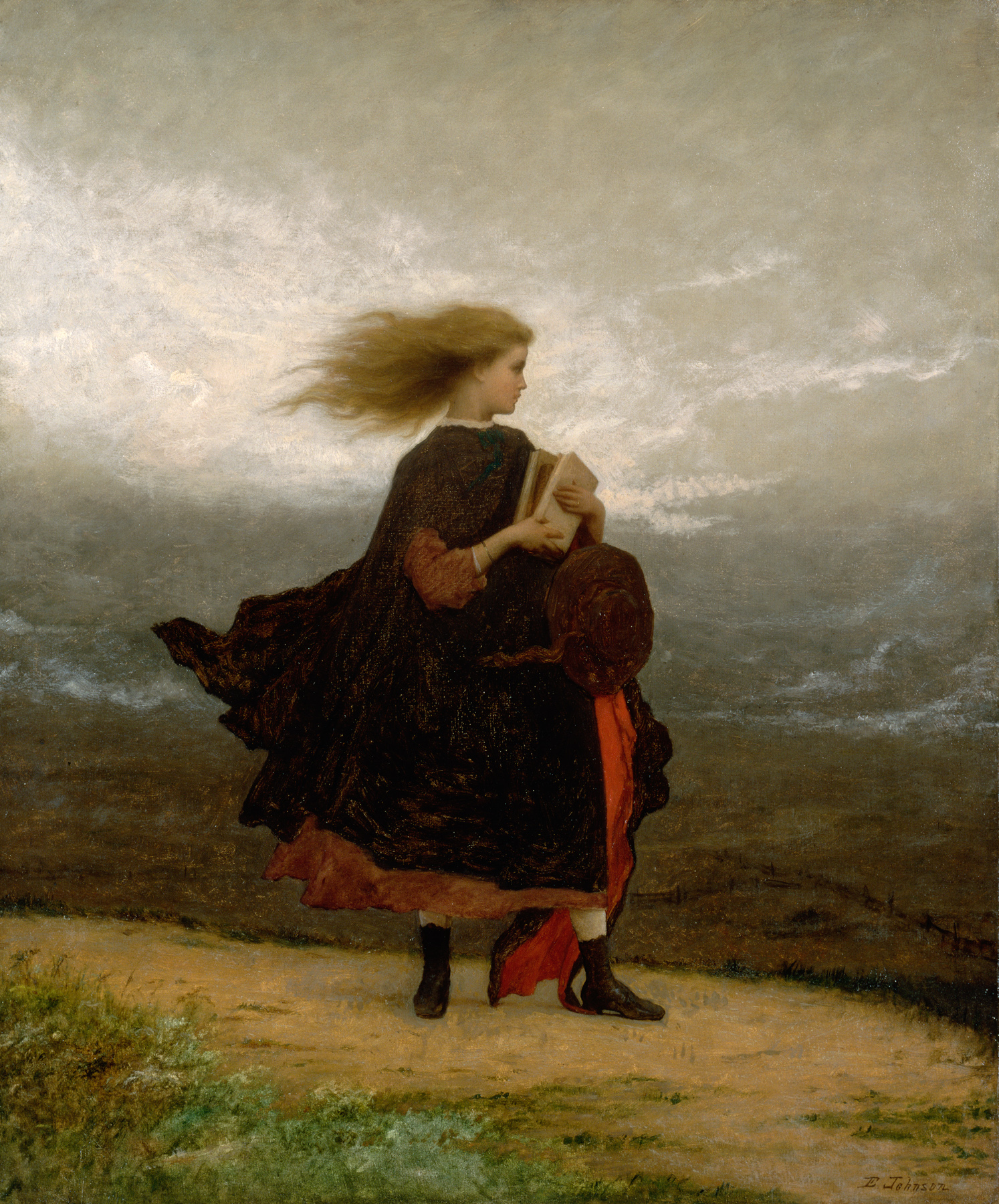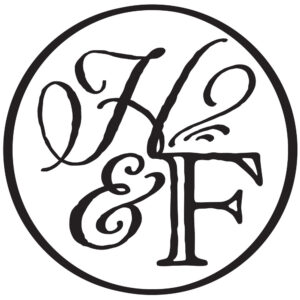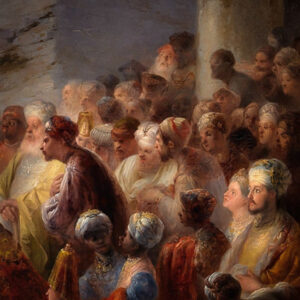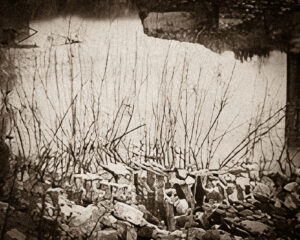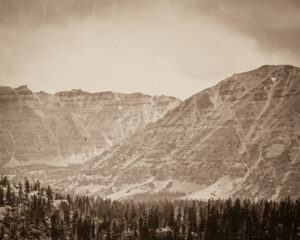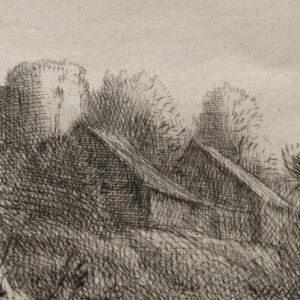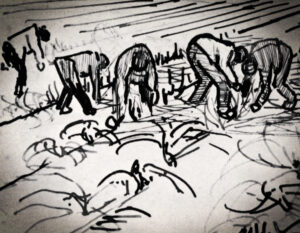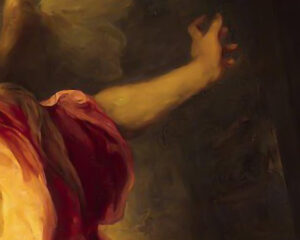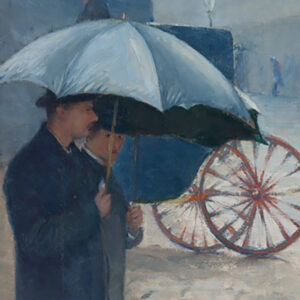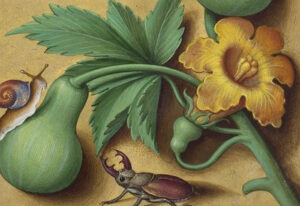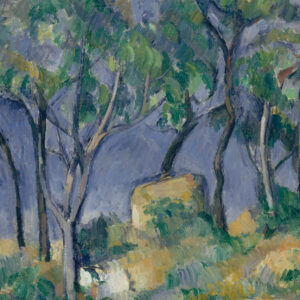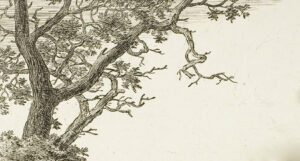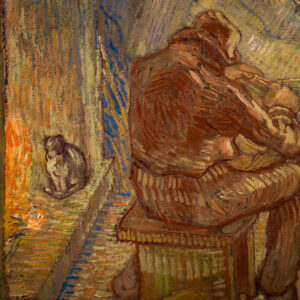—Ink and Echoes—

Our Hearts Were
Touched With Fire
Oliver Wendell Holmes, Jr.
—1884—

Not long ago I heard a young man ask why people still kept up Memorial Day, and it set me thinking of the answer. Not the answer that you and I should give to each other — not the expression of those feelings that, so long as you and I live, will make this day sacred to memories of love and grief and heroic youth — but an answer which should command the assent of those who do not share our memories . . . . When men have instinctively agreed to celebrate an anniversary, it will be found that there is some thought or feeling behind it which is too large to be dependent upon associations alone. The Fourth of July, for instance, has still its serious aspect, although we no longer should think of rejoicing like children that we have escaped from an outgrown control, although we have achieved not only our national but our moral independence and know it far too profoundly to make a talk about it, and although an Englishman can join in the celebration without a scruple. For, stripped of the temporary associations which gave rise to it, it is now the moment when by common consent we pause to become conscious of our national life and to rejoice in it, to recall what our country has done for each of us, and to ask ourselves what we can do for our country in return.
So to the indifferent inquirer who asks why Memorial Day is still kept up we may answer, it celebrates and solemnly reaffirms from year to year a national act of enthusiasm and faith. It embodies in the most impressive form our belief that to act with enthusiasm and faith is the condition of acting greatly. To fight out a war, you must believe something and want something with all your might. So must you do to carry anything else to an end worth reaching. More than that, you must be willing to commit yourself to a course, perhaps a long and hard one, without being able to foresee exactly where you will come out. All that is required of you is that you should go some whither as hard as ever you can. . . .
There is one who on this day is always present to my mind. He entered the army at nineteen, a second lieutenant. In the Wilderness, already at the head of his regiment, he fell, using the moment that was left him of life to give all his little fortune to his soldiers. I saw him in camp, on the march, in action. I crossed debatable land with him when we were rejoining the army together. I observed him in every kind of duty, and never in all the time that I knew him did I see him fail to choose that alternative of conduct which was most disagreeable to himself. He was indeed a Puritan in all his virtues, without the Puritan austerity; for, when duty was at an end, he who had been the master and leader became the chosen companion in every pleasure that a man might honestly enjoy. In action he was sublime. His few surviving companions will never forget the awful spectacle of his advance alone with his company in the streets of Fredericksburg. In less than sixty seconds he would become the focus of a hidden and annihilating fire from a semicircle of houses. His first platoon had vanished under it in an instant, ten men falling dead by his side. He had quietly turned back to where the other half of his company was waiting, had given the order, “Second platoon, forward!” and was again moving on, in obedience to superior command, to certain and useless death, when the order he was obeying was countermanded. The end was distant only a few seconds; but if you had seen him with his indifferent carriage, and sword swinging from his finger like a cane, you never would have suspected that he was doing more than conducting a company drill on the camp parade ground. He was little more than a boy, but the grizzled corps commanders knew and admired him; and for us, who not only admired, but loved, his death seemed to end a portion of our life also.
There is one grave and commanding presence that you all would recognize, for his life has become a part of our common history. Who does not remember the leader of the assault at the mine of Petersburg? The solitary horseman in front of Port Hudson, whom a foeman worthy of him bade his soldiers spare, from love and admiration of such gallant bearing? Who does not still hear the echo of those eloquent lips after the war, teaching reconciliation and peace? I may not do more than allude to his death, fit ending of his life. All that the world has a right to know has been told by a beloved friend in a book wherein friendship has found no need to exaggerate facts that speak for themselves. I knew him, and I may even say I knew him well yet until that book appeared, I had not known the governing motive of his soul. I had admired him as a hero. When I read, I learned to revere him as a saint. His strength was not in honor alone, but in religion; and those who do not share his creed must see that it was on the wings of religious faith that he mounted above even valiant deeds into an empyrean of ideal life.
I have spoken of some of the men who were near to me among others very near and dear, not because their lives have become historic, but because their lives are the type of what every soldier has known and seen in his own company. In the great democracy of self-devotion private and general stand side by side. Unmarshalled save by their own deeds, the armies of the dead sweep before us, “wearing their wounds like stars.” It is not because the men whom I have mentioned were my friends that I have spoken of them, but, I repeat, because they are types. I speak of those whom I have seen. But you all have known such; you, too, remember!
It is not of the dead alone that we think on this day. There are those still living whose sex forbade them to offer their lives, but who gave instead their happiness. Which of us has not been lifted above himself by the sight of one of those lovely, lonely women, around whom the wand of sorrow has traced its excluding circle — set apart, even when surrounded by loving friends who would fain bring back joy to their lives? I think of one whom the poor of a great city know as their benefactress and friend. I think of one who has lived not less greatly in the midst of her children, to whom she has taught such lessons as may not be heard elsewhere from mortal lips. The story of these and of their sisters we must pass in reverent silence. All that may be said has been said by one of their own sex —
But when the days of golden dreams had perished,
And even despair was powerless to destroy,
Then did I learn how existence could be cherished,
Strengthened, and fed without the aid of joy.
Then did I check the tears of useless passion,
Weaned my young soul from yearning after thine
Sternly denied its burning wish to hasten
Down to that tomb already more than mine.
Comrades, some of the associations of this day are not only triumphant, but joyful. Not all of those with whom we once stood shoulder to shoulder — not all of those whom we once loved and revered — are gone. On this day we still meet our companions in the freezing winter bivouacs and in those dreadful summer marches where every faculty of the soul seemed to depart one after another, leaving only a dumb animal power to set the teeth and to persist — a blind belief that somewhere and at last there was rest and water. On this day, at least, we still meet and rejoice in the closest tie which is possible between men — a tie which suffering has made indissoluble for better, for worse.
When we meet thus, when we do honor to the dead in terms that must sometimes embrace the living, we do not deceive ourselves. We attribute no special merit to a man for having served when all were serving. We know that, if the armies of our war did anything worth remembering, the credit belongs not mainly to the individuals who did it, but to average human nature. We also know very well that we cannot live in associations with the past alone, and we admit that, if we would be worthy of the past, we must find new fields for action or thought, and make for ourselves new careers.
But, nevertheless, the generation that carried on the war has been set apart by its experience. Through our great good fortune, in our youth our hearts were touched with fire. It was given to us to learn at the outset that life is a profound and passionate thing. While we are permitted to scorn nothing but indifference, and do not pretend to undervalue the worldly rewards of ambition, we have seen with our own eyes, beyond and above the gold fields, the snowy heights of honor, and it is for us to bear the report to those who come after us. But, above all, we have learned that whether a man accepts from Fortune her spade, and will look downward and dig, or from Aspiration her axe and cord, and will scale the ice, the one and only success which it is his to command is to bring to his work a mighty heart.
Such hearts — ah me, how many! — were stilled twenty years ago; and to us who remain behind is left this day of memories. Every year — in the full tide of spring, at the height of the symphony of flowers and love and life — there comes a pause, and through the silence we hear the lonely pipe of death. Year after year lovers wandering under the apple boughs and through the clover and deep grass are surprised with sudden tears as they see black veiled figures stealing through the morning to a soldier’s grave. Year after year the comrades of the dead follow, with public honor, procession and commemorative flags and funeral march — honor and grief from us who stand almost alone, and have seen the best and noblest of our generation pass away.
But grief is not the end of all. I seem to hear the funeral march become a paean. I see beyond the forest the moving barriers of a hidden column. Our dead brothers still live for us, and bid us think of life, not death — of life to which in their youth they lent the passion and glory of the spring. As I listen, the great chorus of life and joy begins again, and amid the awful orchestra of seen and unseen powers and destinies of good and evil our trumpets sound once more a note of daring, hope, and will.

